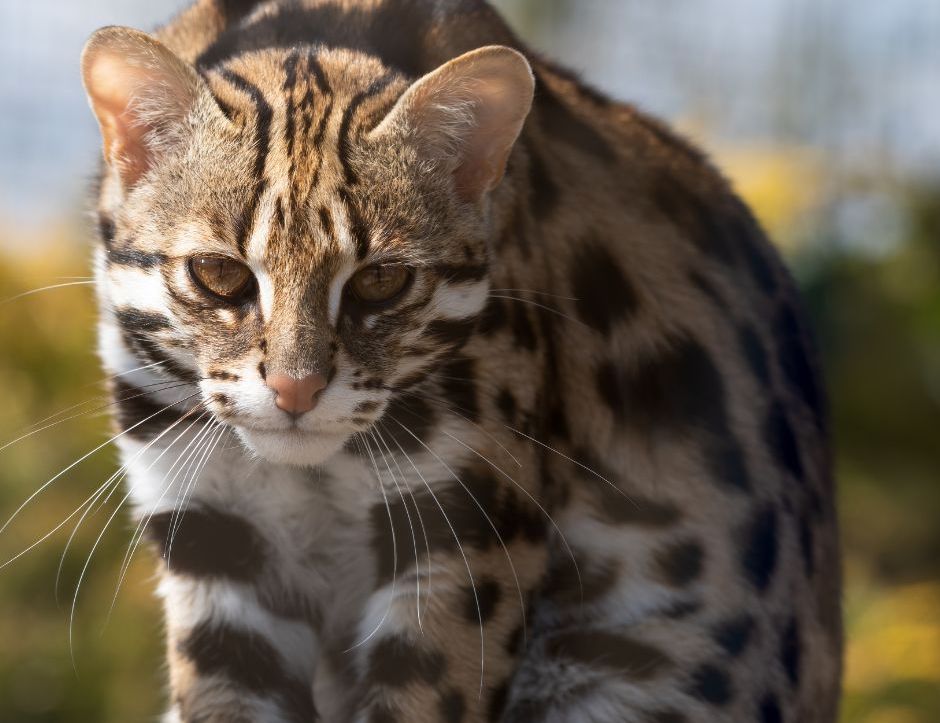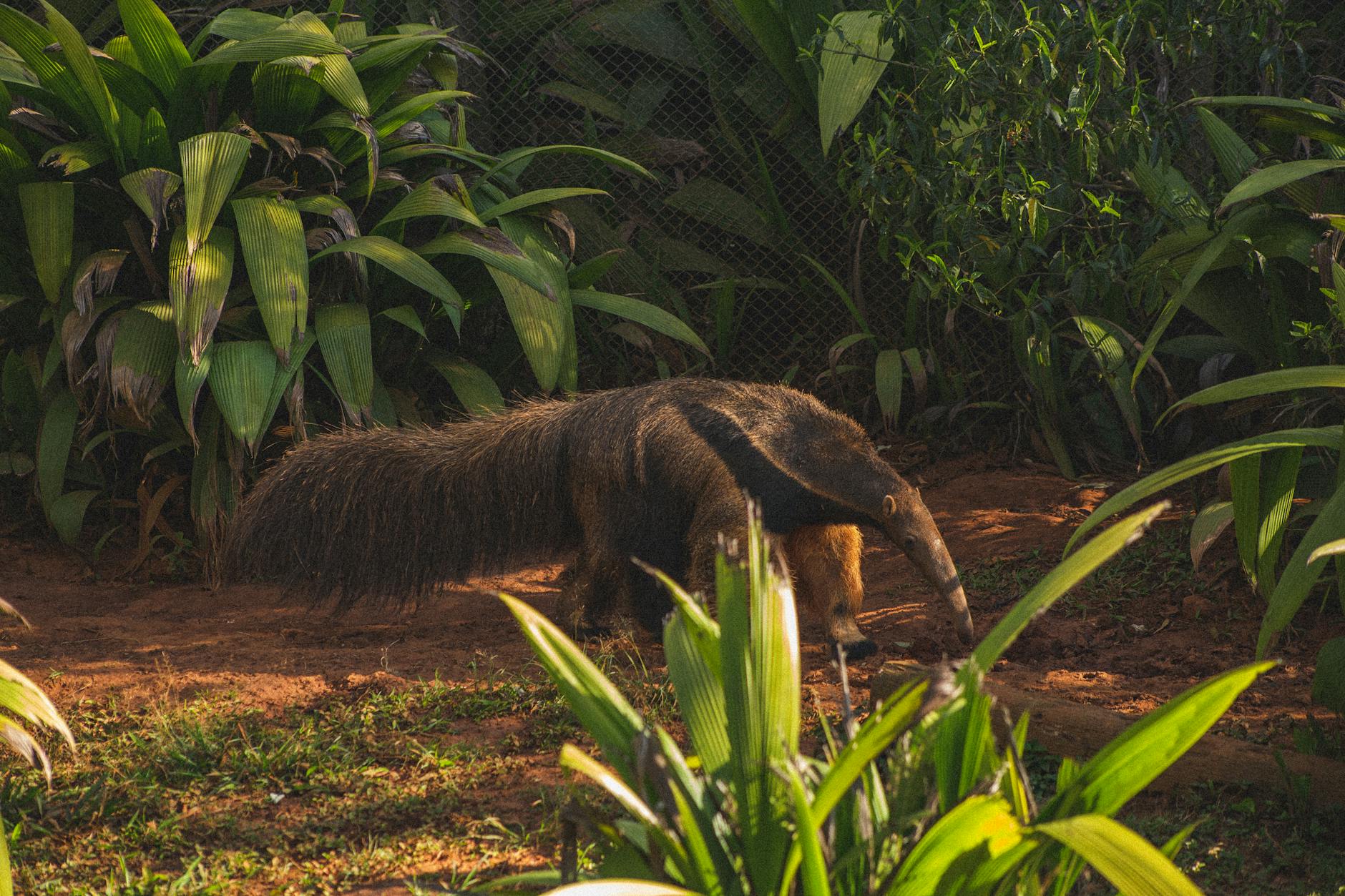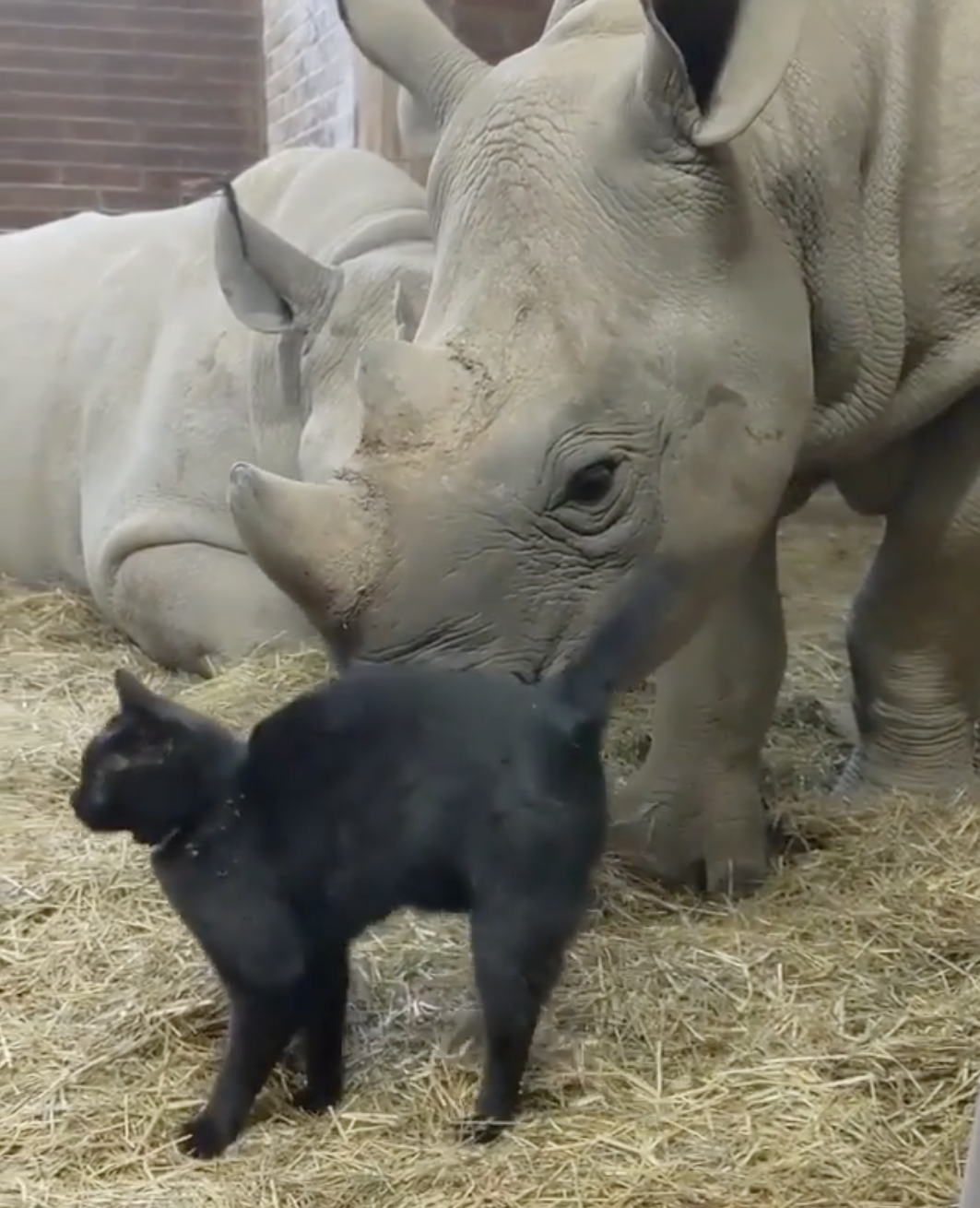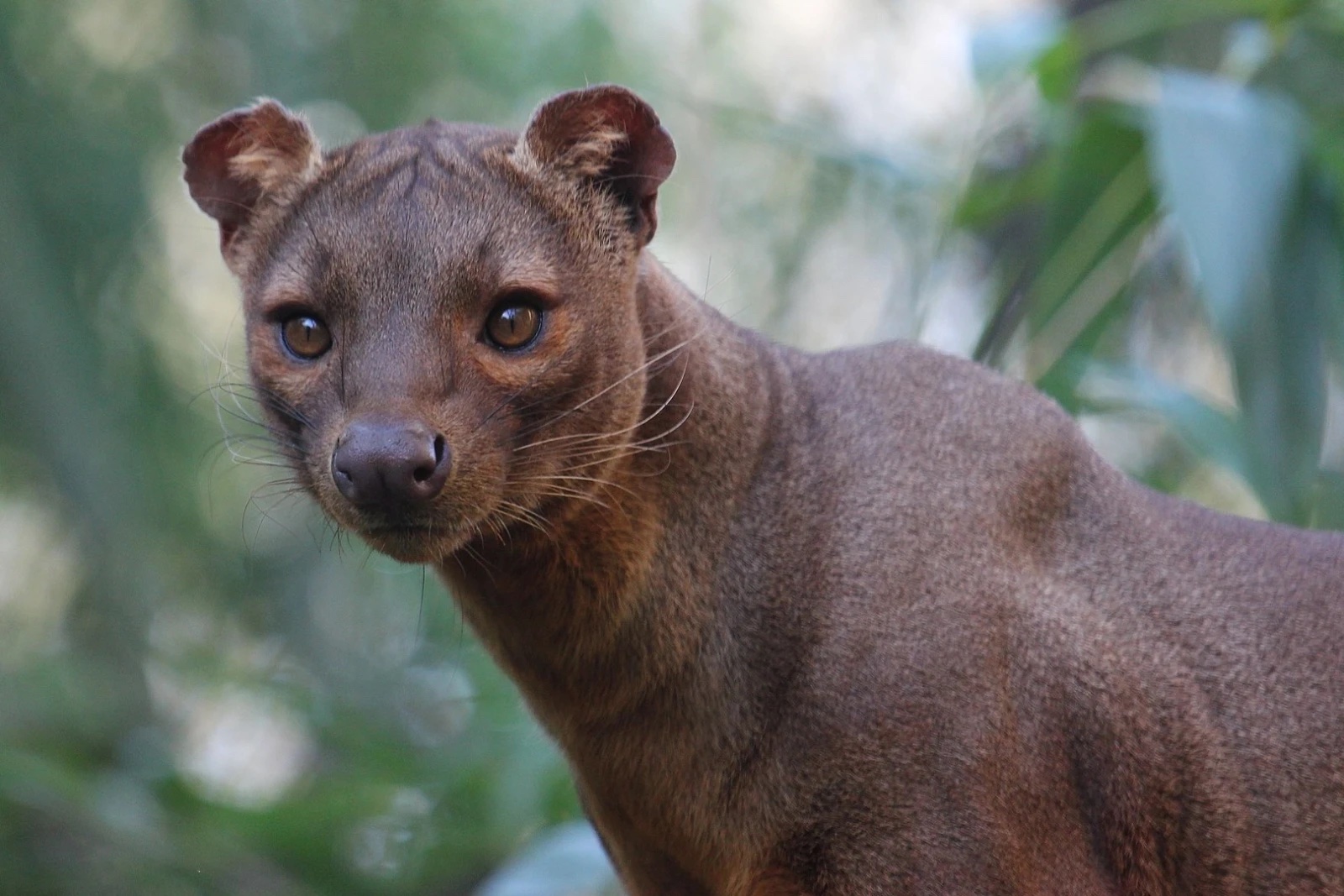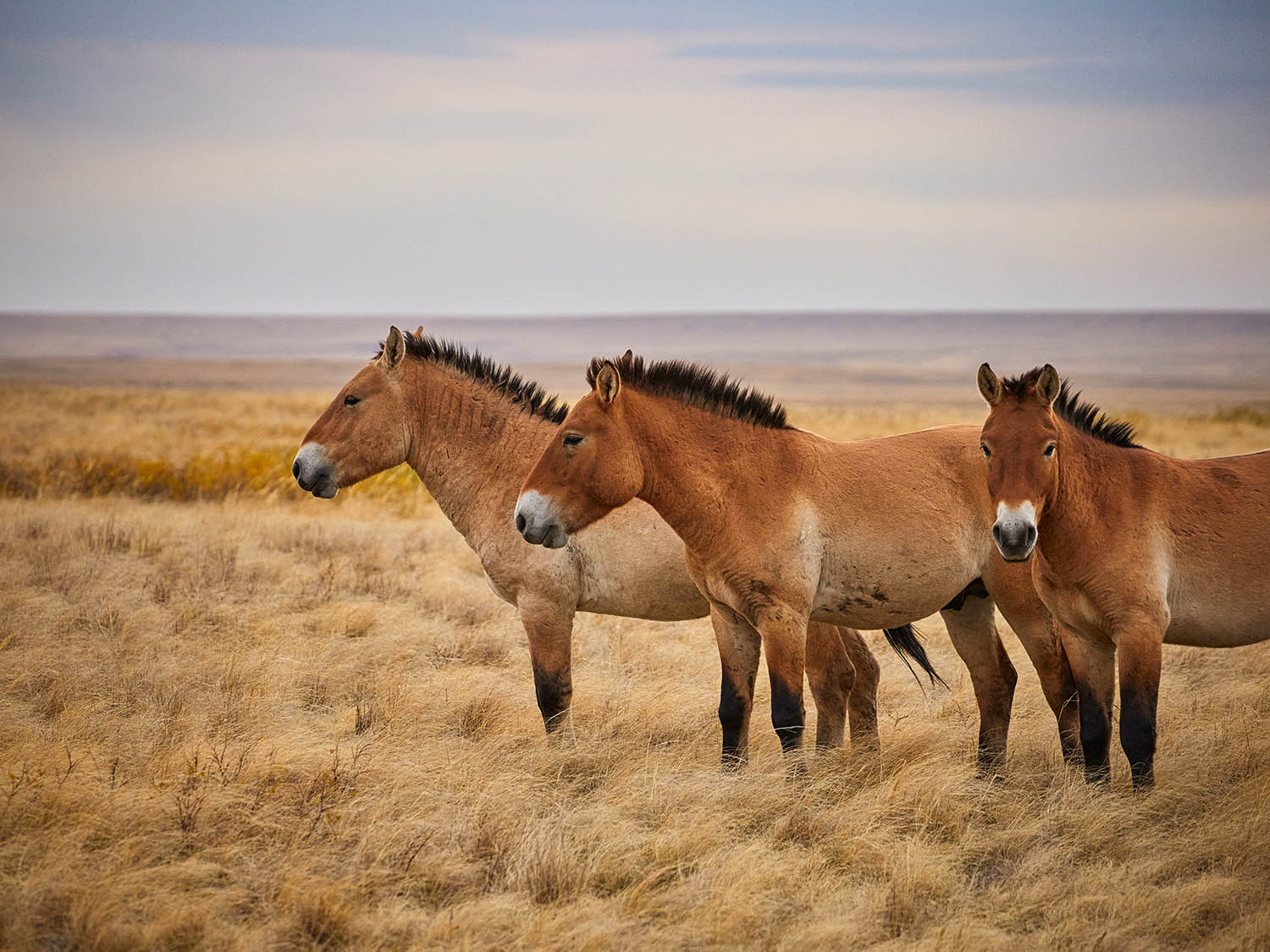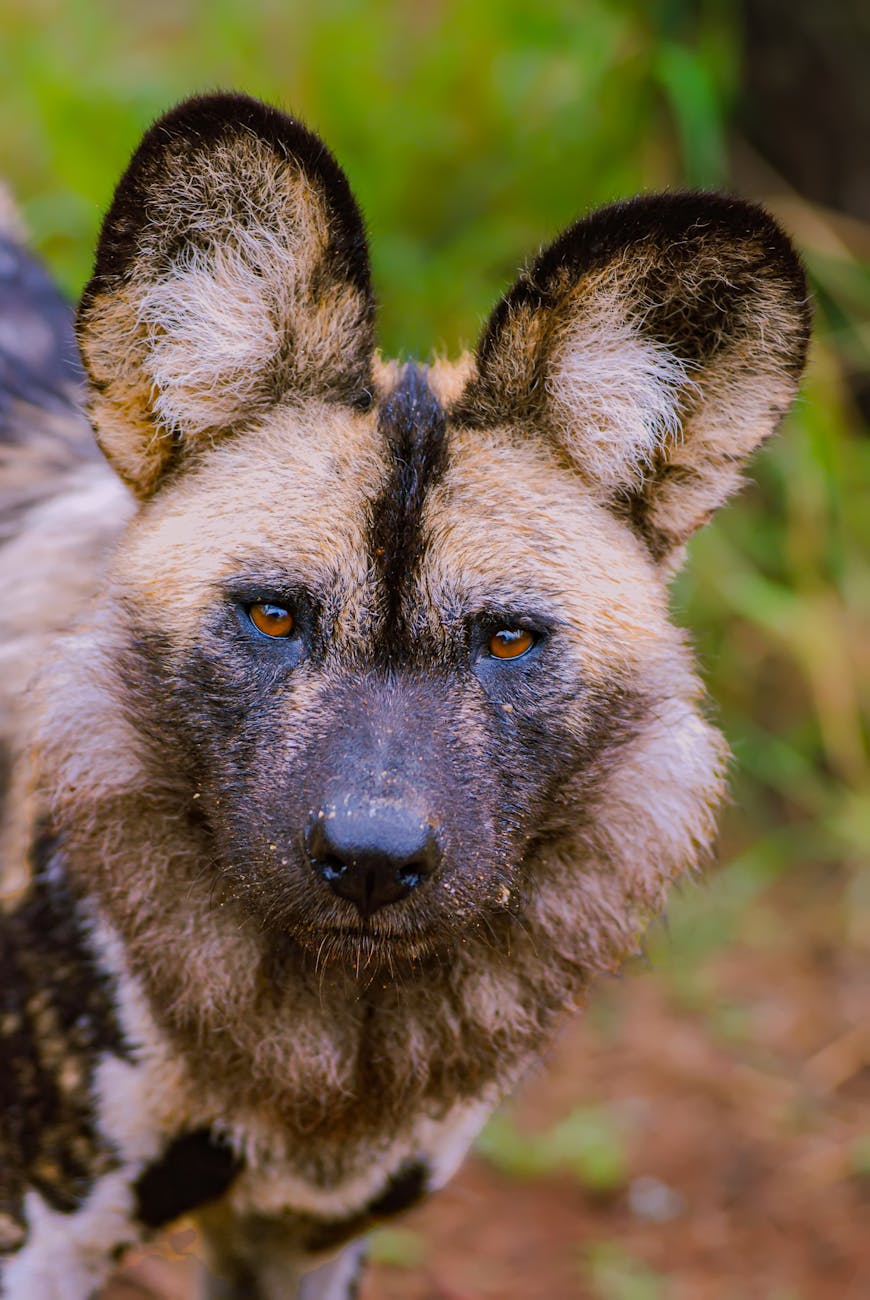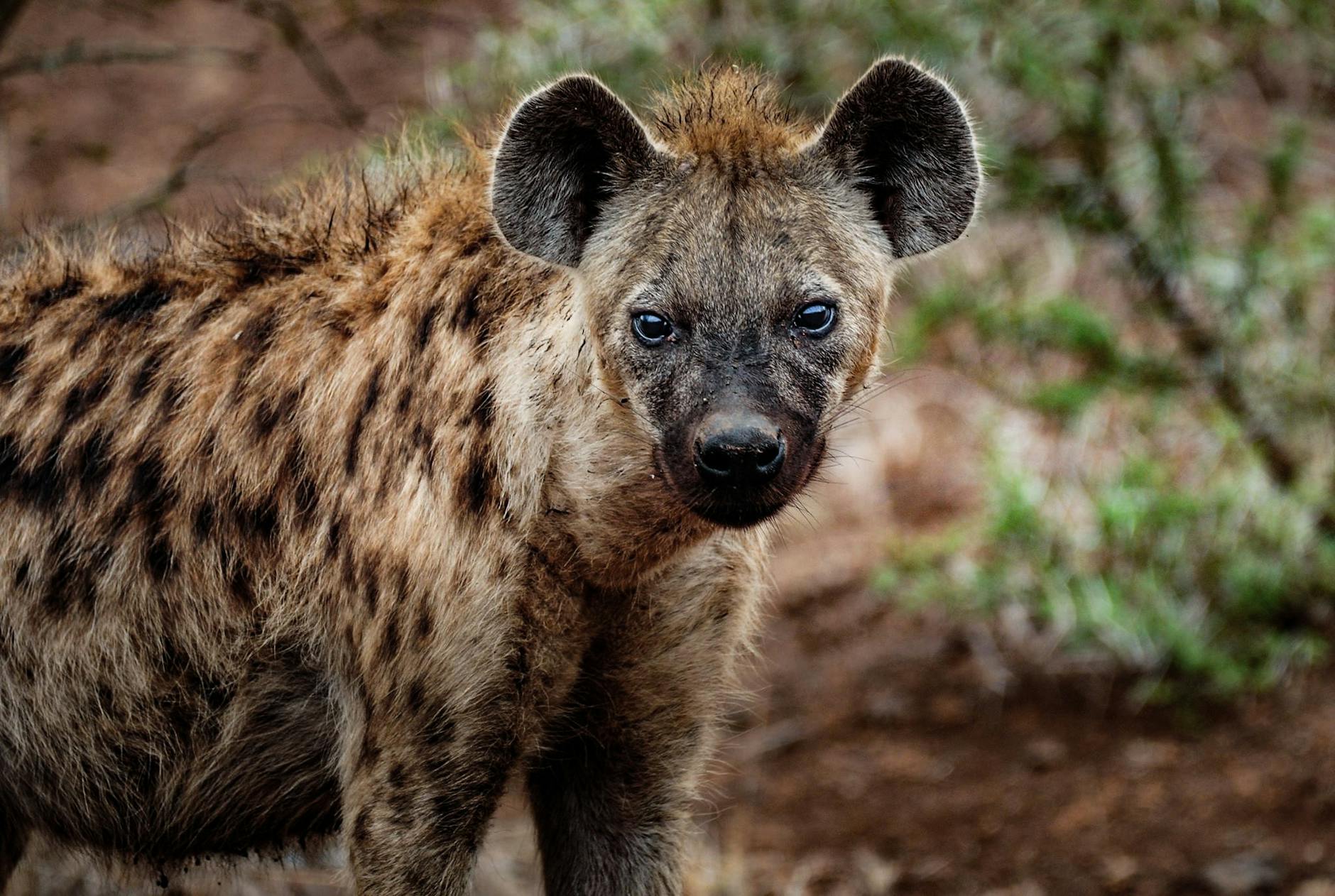
The Truth About Spotted Hyenas: Not What You Think
Ah, the spotted hyena! Often misunderstood and overshadowed by their feline counterparts, these fascinating creatures boast unique adaptations, complex social structures, and a vital role in their ecosystems. You might only see hyenas as carcass scavengers, but these extremely intelligent predators will not let lions push them around when it comes down to their spoils. Unlike most other mammals, spotted hyenas (Crocuta crocuta) live in matriarchal societies. In the hyena clan’s strict power structure, dominance passes down the alpha female’s line to her cubs.
Here’s a snapshot of their world:
Masters of Adaptation:
- Powerful Jaws: Forget the “laughing hyena” stereotype – their bite is the strongest among land mammals, crushing bones and allowing them to scavenge even tough carcasses.
- Long Necks and Legs: This combination enables them to run long distances and reach into burrows to hunt smaller prey.
- Scavengers and Hunters: While often portrayed solely as scavengers, spotted hyenas are skilled hunters, taking down prey twice their size with teamwork and strategic chases.
Social Butterflies (Well, Maybe not Butterflies):
- Matriarchal Society: Females rule the roost in hyena clans, with established hierarchies and complex social interactions.
- Vocal Communication: They utilize a wide range of vocalizations, from “laughs” to whoops and growls, to communicate, negotiate, and even form bonds.
- Cooperative Hunters: Their hunting success hinges on collaboration, with individuals taking turns chasing prey and sharing meals efficiently.
Facing Challenges:
- Negative Stereotypes: Misrepresented as vicious and villainous, they often face persecution and habitat loss due to misunderstanding.
- Habitat Destruction: Encroachment and resource competition put pressure on their populations and hunting grounds.
- Disease Threats: Canine distemper virus can be deadly, highlighting the importance of conservation efforts and community education.
Hope for the Hyena:
- Conservation Efforts: Organizations like Wildlife Conservation Society and Panthera work to educate communities, protect habitats, and promote understanding of these remarkable creatures.
- Ecotourism: Responsible tourism can provide economic incentives for protecting hyenas and their ecosystems.
- Changing Perceptions: Raising awareness about their crucial role in the environment and fascinating social behaviors can foster appreciation and respect.
By supporting conservation efforts and spreading knowledge, we can ensure that these intelligent and adaptable creatures continue to thrive in their natural habitats.










